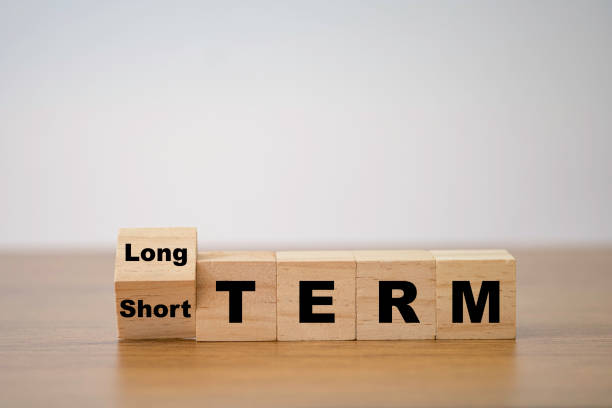Dear Attorneys,
How is a “long-term marriage” defined in Connecticut as it pertains to alimony and asset distribution?
Sincerely,
Long-Term Larry
Dear Larry,
Connecticut does not have a specific definition of “long-term marriage.” However, other states do, and actually order alimony in accordance with a schedule based upon the length of the marriage. That said, the length of the marriage does play into whether or not alimony is awarded, and for how long. It may also affect the distribution of assets. Some judges consider twenty (20) years as a long term marriage, but it is certainly up to interpretation and many parties receive alimony in marriages far shorter than 20 years.
When it comes to alimony, or spousal support, in a long-term marriage, the courts tend to consider various factors such as the length of the marriage, the earning capacity of each spouse, their respective contributions to the marriage, and their age and health. In the case of a long-term marriage, the court may be more inclined to award more alimony, or alimony for an extended period, in recognition of the the significant investment of time and effort each spouse has put into the marriage.
Regarding asset distribution, Connecticut follows the principle of equitable distribution, which means that marital assets are divided fairly but not necessarily equally. In a long-term marriage, the court may take into account the contributions of each spouse throughout the marriage, including financial contributions, homemaking, and childcare responsibilities. This often results in a more balanced distribution of assets, which ensures that both spouses can maintain a reasonable standard of living post-divorce.
It’s essential to note that every divorce case is unique, and the outcome depends on various factors specific to the individuals involved. Consulting with a qualified attorney who understands Connecticut’s laws regarding alimony and asset distribution in long-term marriages is crucial for anyone navigating the complexities of divorce proceedings. Remember, you don’t have to navigate this challenging situation alone. Seek support from experienced professionals who can guide you through the legal process and help you make informed decisions. Wolf & Shore Law Group is here to help you make your family law matters easier, not harder. We are realistic and direct with our clients. We encourage potential clients to seek out a firm where they will feel comfortable and confident. Ever argue with a woman? Let Wolf & Shore Law Group go to work for you. Call us at 203.745.3151 or email us at info@wolfandshorelaw.com.
Very Truly Yours,
Wolf & Shore Law Group

*The situations represented in our Dear Attorneys column are entirely fictional and any resemblance to a specific case is unintentional. We cannot, and will not, offer legal advice to anyone who is not a client. However, if you do have questions or concerns, you should contact an attorney at your convenience.




